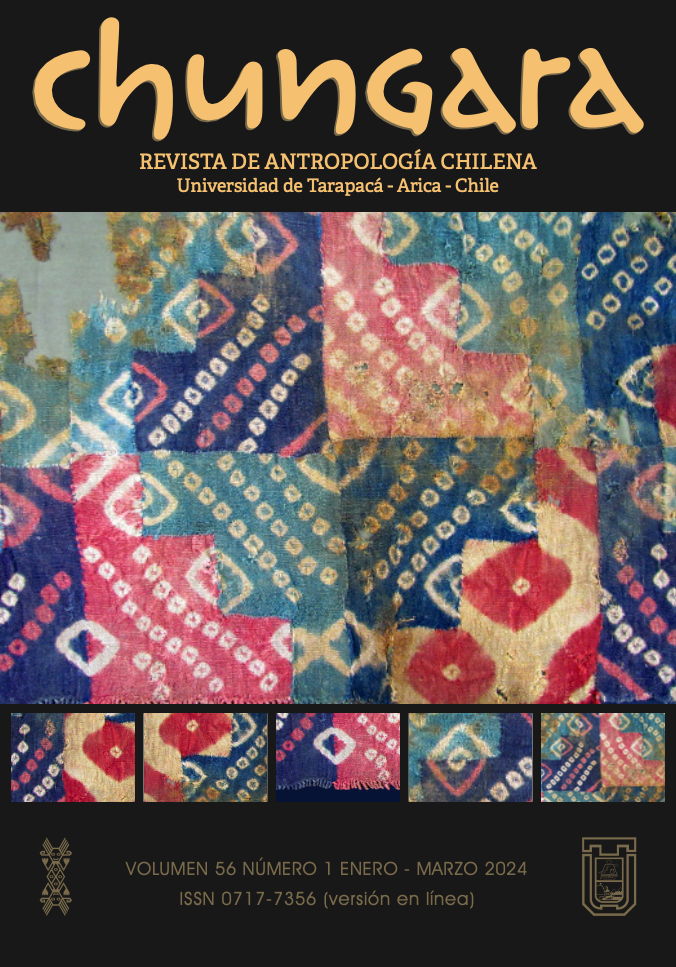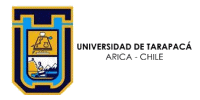INTERNAL BORDERS AND PREDICATIVE HEGEMONIES IN CHILE: THE CASE OF PATAGONIA AUSTRAL
FRONTERAS INTERNAS Y HEGEMONÍAS PREDICATIVAS EN CHILE: EL CASO DE LA PATAGONIA AUSTRAL
Juan Carlos Rodríguez Torrent, Nicolás Gissi Barbieri and Fernando Mandujano Bustamante
Chile has historically stood out not only for its external borders but also for its internal borders. In this article, we present results of Fondecyt research projects that reflect on internal borders and on the Chilean / Patagonian border that has been emblematic, where still south of Puerto Montt the phrase “go to Chile” is said when people want to go to the center or north, marking a social and geographical distance. We hold that what has prevailed as the basis of national territorialization has been a meta-narrative on the country’s sovereignty, that is, on the material and symbolic limit, always being the austral south a distant reference of peripheral territories and low integration. A predicative hegemony or geo-reference marked by landscape and connectivity has been predominant, which is at play in the construction of identity as a legitimate image, representing empirically a set of fractures and modes of being associated with historical and localized experiences that are very different from homogeneous national imaginary. The continuity of this border hinders the harmonious development of the southern zone of Chile, as well as a collective project that requires territorial equity and interregional solidarity.
Tags: Patagonia, Border, predicative hegemony, isolation







